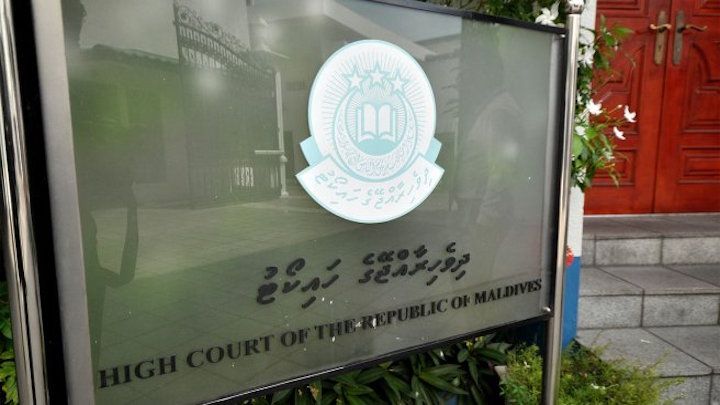Judiciary denies closing high court northern branch after transferring staff to Malé
The department of judicial administration insisted that the northern branch on the island of Kulhudhufushi has not been shut down due to budget constraints. The judiciary was mandated to set up the branch by legal changes approved more than two years ago.

26 Feb 2017, 09:00
Seven staff from the newly formed high court northern branch on the island of Kulhudhufushi in Haa Dhaal atoll have been transferred to jobs in Malé amid reports of the judiciary facing budget constraints.
A former employee of the northern branch said three were moved to the department of judicial administration, two to the drug court, and two to the judicial academy, an institution set up to provide training for judges and court staff.
“The [Kulhudhufushi high court] building hasn’t been closed, but seven of us were brought to Malé and told that we are here to get practical work experience,” said the court staff who spoke on the condition of anonymity.
The staff were not told how long they would have to work in Malé.
Become a member
Get full access to our archive and personalise your experience.
Already a member?
Discussion
No comments yet. Be the first to share your thoughts!
No comments yet. Be the first to join the conversation!
Join the Conversation
Sign in to share your thoughts under an alias and take part in the discussion. Independent journalism thrives on open, respectful debate — your voice matters.




